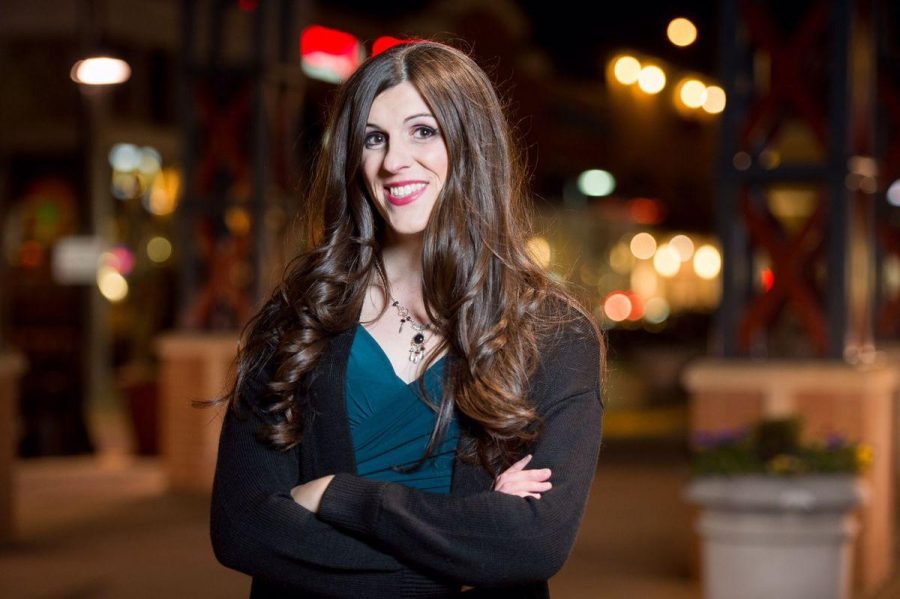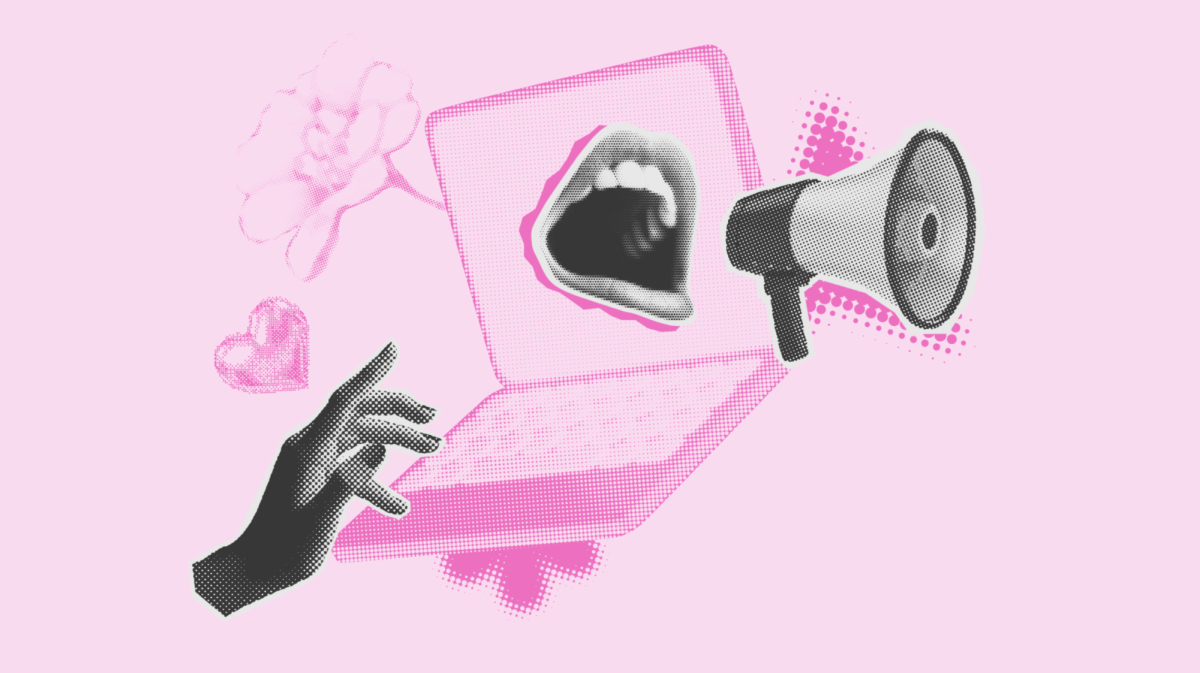By Simran Gupta
Staff Writer
Unless you have been living under a rock, you know that male birth control trials are underway, a generally positive development in reproductive health and research.

After all, why should all the responsibility be on the woman? As of now, the only male-specific forms of birth control on the market are condoms and/or spermicide. For women, however, the list of options is much longer: a shot every three months, an implant of hormones, the IUD (with or without hormones), the pill (of which there are numerous varieties), and so on.
And this is where the topic gets murky. At first glance, women have a wealth of riches at their fingertips. This is only a shining example of our reproductive choices, right? After all, women get all this say over how they impact their monthly cycles and any accompanying symptoms or conditions… right? Not necessarily.
With this wealth of options comes a wealth of politicians trying to govern a woman’s access to her own body, or at the very least, trying to dictate her options for her reproductive health. This leads to stigmatization and misinformation about what birth control and Plan B do. (No, Plan B does not terminate an existing pregnancy or fertilized egg and sperm, it just makes sure that a fertilization doesn’t happen in the first place). Lack of information abounds, with stigma and stereotypes around the women who use it.
This is not to say that a wealth of options should not be available, because they absolutely should. However, it is important that both people involved in consensual sex bear responsibility to protect against pregnancy, which is not happening right now. This is why, usually, news regarding trials for a male form of birth control were happening is cause to celebrate right? Right!
Except when they got cut short. According to NPR, “The most common side effect was acne, and sometimes that acne was pretty severe. Some men also developed mood swings and in some cases those mood swings got pretty bad. One man developed severe depression, and another tried to commit suicide.”
To be clear, it is a good thing trials were halted due to such extreme side effects. All jokes aside, the issue is not at all about “weak men” who can’t deal with what the patriarchy has been forcing anyone who is not a straight cis male to deal with.
The anger is justified for this reason: women have been complaining about these side effects for decades. This is not news to the healthcare industry. For decades, ever since researchers began recruiting trial subjects among incarcerated women and low-income, marginalized women, healthcare practitioners and researchers have been ignoring the warning signs.
This is not new. This difference lies in the industry’s reaction: when women complain about this, we are told we are overreacting, overexaggerating, or even making it up. Women have to deal with belittlement for the sometimes-horrific side effects we face, all in the name of reproductive freedom. Oftentimes, people need to take birth control as medication for deadly conditions such as PCOS.
The anger comes from not being taken seriously, from being told that our voices are not legitimate. The healthcare industry needs to listen better to its patients and confront this bias. Additionally, we need to expand the birth control conversation to people who don’t fit the straight/cis mold.
In short, the healthcare industry needs to take everyone seriously, not just straight/cis men.


















